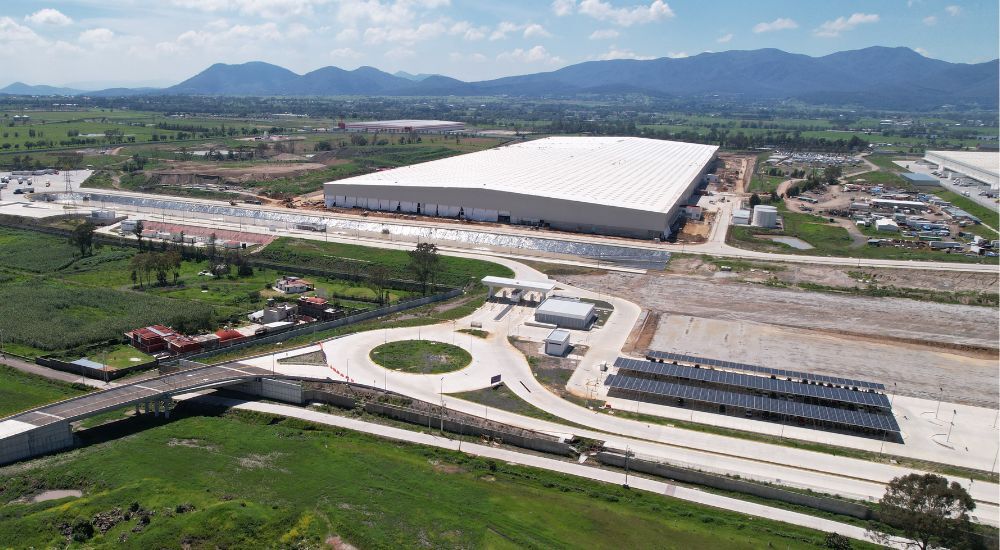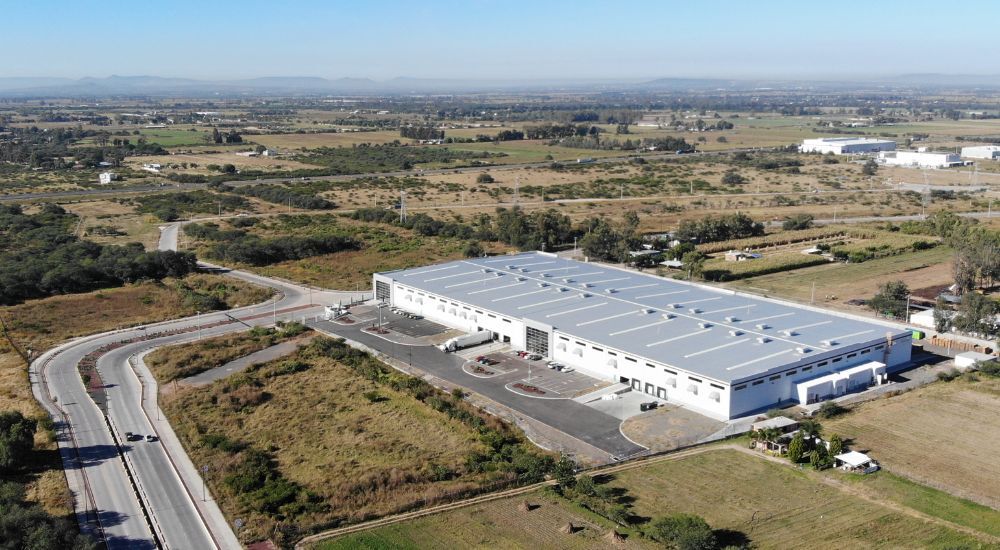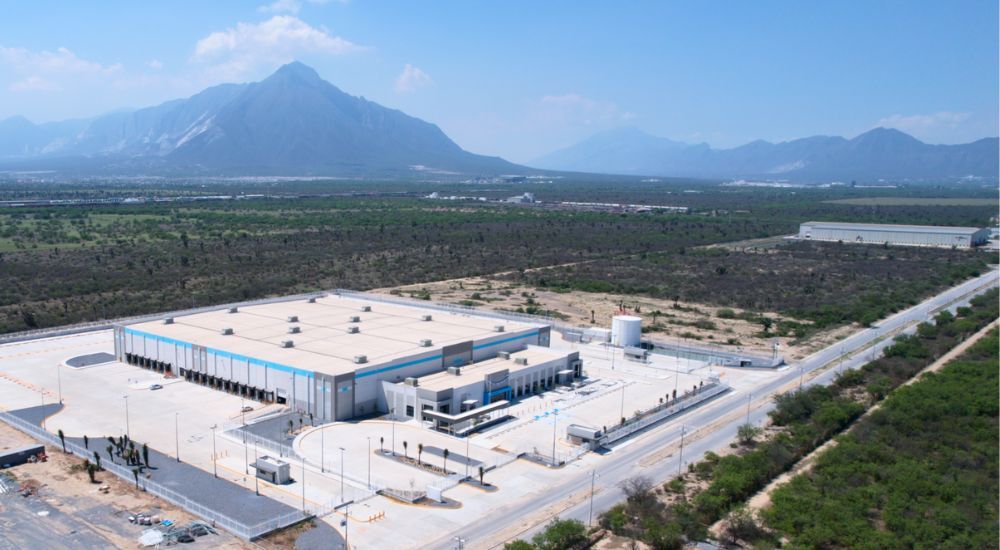How nearshoring in Mexico drives ESG criteria
7/10/2024The nearshoring trend in Mexico has prompted efforts to meet international standards of quality in infrastructure and operational efficiency. This has allowed Mexico to adapt to sustainability regulations that boost the attraction of foreign companies.
Although globally, investments in sustainability-related financial instruments surged between 2013 and 2023, Mexico continues to make progress in infrastructure in this regard, even in 2024, according to the consulting firm KPMG.
For the consultancy firm, there are four key aspects investors should consider:
- Urban regeneration: Real estate development is closely linked to global technological and demographic changes but also contributes significantly to biodiversity loss, soil erosion, deforestation, and pollution. Sustainability efforts aim to reduce pollution, promote responsible water use, protect ecosystems, and encourage efficient resource use.
- Climate impact mitigation: The global construction industry is projected to exceed a value of $30 trillion in the next three decades, with every $1 billion invested generating a million tons of carbon. According to the consultancy, investors are willing to pay more for buildings featuring renewable energy or smart technology to mitigate this impact.
- Categorization of sustainable activities: Mexico acknowledges the construction sector as essential, as it provides key infrastructure to achieve the Sustainable Development Goals (SDGs) and fulfill national contributions under the Paris Agreement on climate change. However, challenges include traceability, digitalization, and the disclosure of ESG-related information.
- Ethics and governance: Ethical values and a company's purpose are the primary ESG concerns for both tenants and investors. Secondary concerns include demand for ethically responsible products or investments and compliance with standards. Certifications like BREEAM, LEED, EDGE, and WELL Building Standard aim to guide informed and sustainable decision-making.
As Mexico serves as a gateway to Latin America and a key ally of the United States, companies operating in the country for manufacturing, logistics, or other purposes are increasingly focused on meeting ESG (Environmental, Social, and Governance) standards aligned with international regulations.
International Competitiveness: A Key to Mexico's Nearshoring Success
To maintain its leading role in nearshoring, Mexico must adapt its processes to the demands of markets already advanced in ESG compliance.
One of the most critical aspects is the generation and supply of sustainable energy.
According to Leonardo Robles, Vice President of Business Development and Commercial at TC Energy in Mexico, energy-intensive operations are a key factor in nearshoring. While Mexico has made progress in reducing fossil fuels, there remains significant room for improvement.
Source: Mexico ESG Summit, Expansión.
Addressing these challenges could open new opportunities for the country, enabling sectors like manufacturing to evolve from the maquiladora model into a global benchmark through technological investment.
"It is necessary to establish pillars that improve access to clean energy so that Mexico can reach the level of other countries." Daniel Ríos, Deputy Vice President of External Affairs and Sustainability at AT&T Mexico.
Source: Mexico ESG Summit, Expansión.
Representatives from AT&T Mexico and PepsiCo have highlighted that bridging the digital divide and fostering collaboration between the private and public sectors will be critical factors in driving necessary technological advancements.
"Foreign companies can contribute significantly to Mexico in terms of best practices, technology transfer, and inclusion." Rosalina Tornel, Vice President of Marketing at PepsiCo.
Source: Mexico ESG Summit, Expansión.
8 Key regulations for companies nearshoring in Mexico
To capitalize on the nearshoring boom, it is crucial for companies in Mexico to stay updated on ESG regulations. Juan Carlos Meade, Director of Strategic Alliances at the Secretariat of Equality and Inclusion of Nuevo León, has identified eight key regulations currently in effect in Europe:
- 1. Sustainability Disclosure Requirements (SDR, European Union).
- 2. Sustainability Finance Disclosure Regulation (SFDR, European Union).
- 3. Union Taxonomy for Sustainable Activities Corporate Sustainability Reporting Directive (CSRD, European Union).
- 4. Corporate Sustainability Reporting Directive (CSRD, European Union).
- 5. Corporate Sustainability Due Diligence Directive (CSDDD, European Union).
- 6. Simplified Energy and Carbon Reporting (United Kingdom).
- 7. German Supply Chain Due Diligence Act (Germany).
- 8. European Union Deforestation Regulation (European Union).
-
Adapting to these regulations will allow companies in Mexico to remain competitive globally, where advanced economies demand clear sustainability goals. Frontier Industrial supports the growth of industrial activities in Mexico with Class A infrastructure designed to facilitate nearshoring.
-
Our solutions ensure access to strategic services, connectivity, and sustainability, creating an optimal environment for companies to take full advantage of nearshoring opportunities. Contact us to learn how we can help you develop your project in the country.






